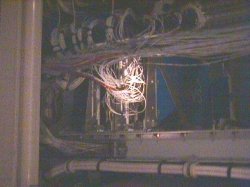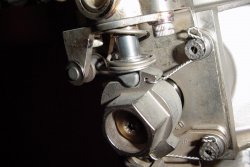"Outsourcing Flies UA Into Uncharteres Skies", October 13 edition of Chicago Business Journal
http://chicagobusiness.com/cgi-bin/mag/art..._id=20626&arc=n
Anyone care to comment?
The above combined with the sale of 4 slots to BA at Heathrow and the 767-200's listed in wwww.speednews.com ought to raise a penny or two!!
http://chicagobusiness.com/cgi-bin/mag/art..._id=20626&arc=n
Anyone care to comment?
The above combined with the sale of 4 slots to BA at Heathrow and the 767-200's listed in wwww.speednews.com ought to raise a penny or two!!


